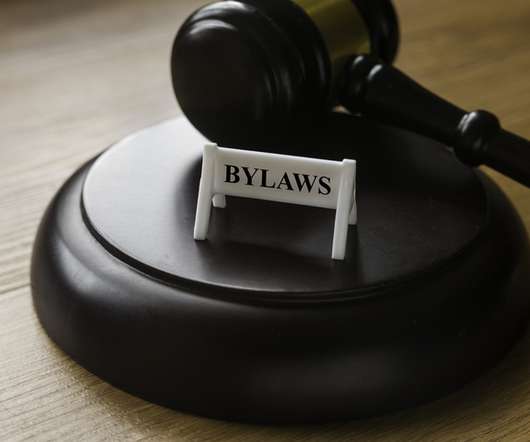Why Entrepreneurs Must Learn to Love Paperwork
The Startup Magazine
APRIL 2, 2020
There will be plenty of it early and often during your entrepreneurial journey, but rather than look at it as a headache you should consider the many ways in which it will help protect you, your family, and the company as a whole. Personal asset liability protection is not ironclad. You must abide by your operating agreement.























Let's personalize your content